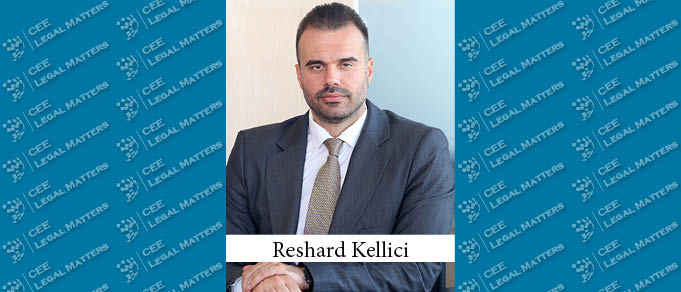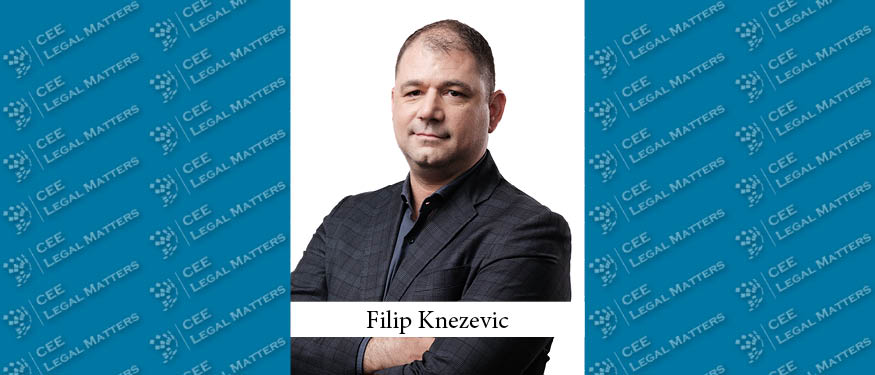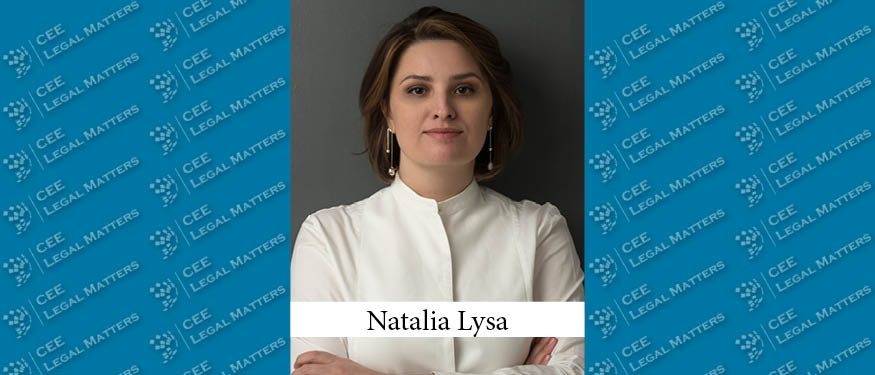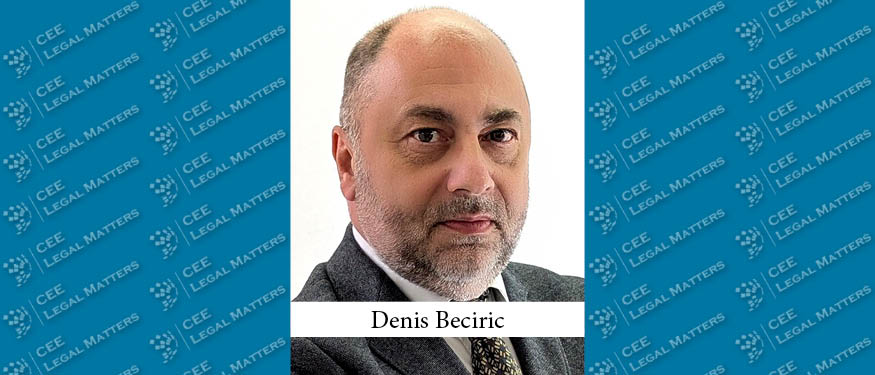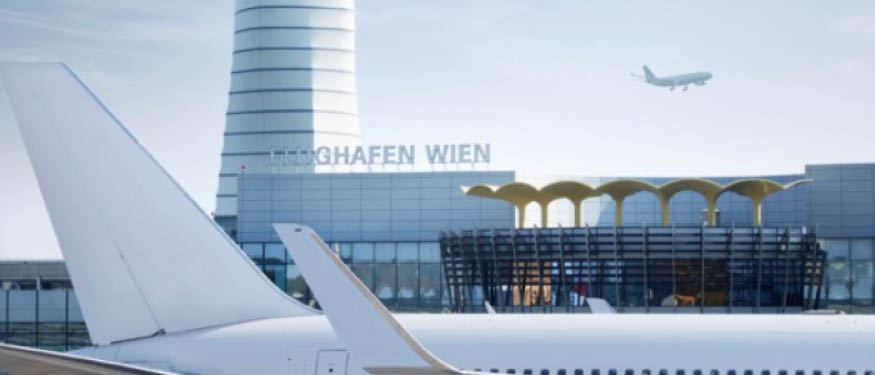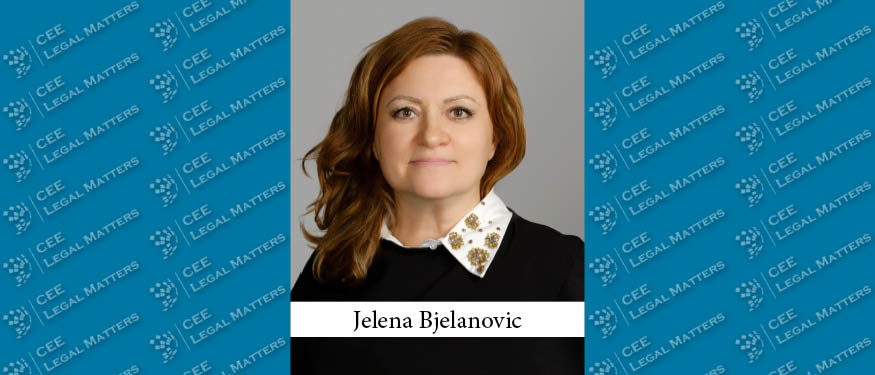Political uncertainties, surging inflation and energy prices, and, despite it all, a vibrant and diversified economy are the key points of current events in Albania, according to Frost & Fire Consulting Partner Reshard Kellici.
“The political climate in Albania continues to be one of uncertainty,” Kellici begins. “Although the governing socialist majority received its third mandate in April last year, the main focus has been on the opposition and the developments within its organization.” Kellici reports that the former chairman of the opposition Democratic Party was removed from his position, following a vote, after the “public was made aware of his actions that had a direct and indirect impact in the destabilization of the opposition and in enabling the governing socialists to maintain power.”
Turning away from politics, Kellici reports that the main legislative focus, of late, has been on the emergent measures “that have been taken in response to the conflict in Ukraine and its domino effect on energy, oil, and food prices.” Kellici says that legislation was passed to halt all government energy agencies' investments for a period of time. “That normative act has expired but a new one is expected,” he notes.
Additionally, Kellici reports that a “Transparency Board has been created, which is tasked with setting prices for oil and other commodities on a weekly basis. Furthermore, legislation is currently being considered to mandate all hydropower project owners to sell their energy at a particular price, assuming that such projects are not already under concessionary obligations,” he continues. Finally, “a fiscal amnesty proposal has come to the table again, after a two-year hiatus, which the government is supporting as a mechanism for immigrants to bring their money back to Albania without being subject to taxation,” Kellici says. He also reports that both the IMF and the US Embassy in Albania have “opposed this proposal due to concerns with facilitating money laundering.”
When it comes to the economy, Kellici reports that the hottest topics are the “Durres Harbor development, the Vlora Harbor development, the potential development of Skavica hydro project, and the Vlora LNG terminal and the development associated with it.” He explains that both harbor development projects have entered a negotiation stage with potential investors, while the Skavica hydro project is still some way off from being realized, “because the feasibility studies and the associated relocation of more than a thousand families are exposing the project to both economical and political opposition.”
Tackling developments in the business sector, Kellici says “banks continue to be very rigid and not offer the levels of liquidity that businesses need to support their operations.” Also, he reports that the construction industry continues to increase “at an exponential pace, and no other industry is currently matching or on track to match it. Allegations have been made by international publications and investigations that this is the result of dirty money being used to fuel the investments,” he adds. However, this has not stopped the sector from booming.
Further, Kellici shares that the energy sector has been active as well, with “a number of solar energy projects being implemented or projected to start relatively soon.” On the other hand, the commodities sector has shrunk due to inflation and declining citizen revenues. Finally, Kellici reports that the “financial institution industry saw another consolidation step, through OTP bank acquiring Alpha Bank,” and that the “telecommunication industry has officially become a duopoly, through the acquisition of One Telecommunications and Albtelecom by 4iG.”

